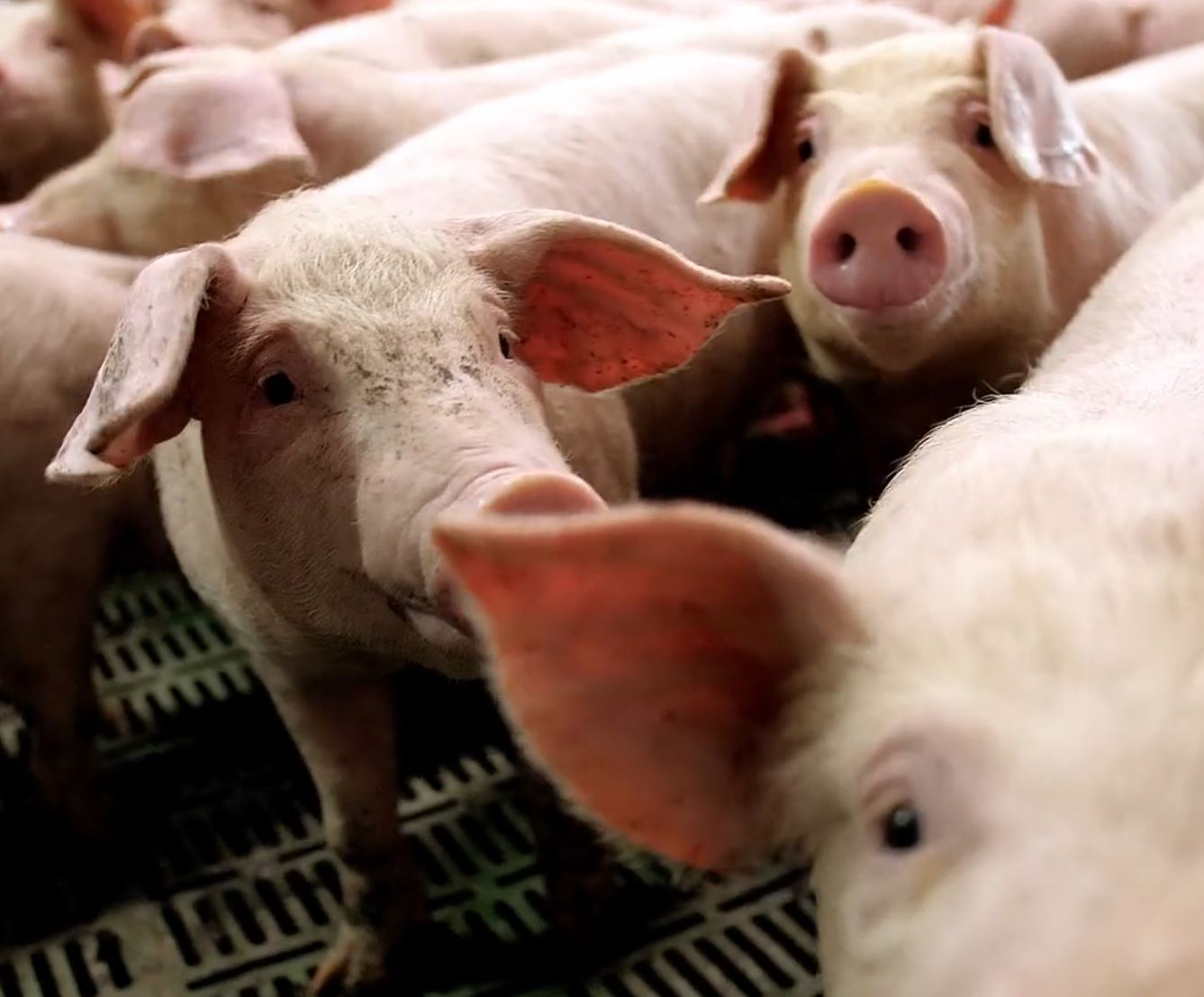Tight supplies and demand uplift drive EU pork prices
Improved demand has fuelled a welcome increase in EU pork prices over the past six weeks or so.
The first five weeks of the year saw EU pi prices drop off sharply, losing on average 12p/kg, on the back of seasonally weak demand. However, in the latest six weeks, ending March 17 prices have recovered, gaining 14p to average 185.63p/kg.
This has significantly reduced the gap to UK pig prices – the latest EU reference price was 23p behind the UK reference price – reducing the competiveness of EU pork imports.
All key producing nations have recorded strong growth in recent weeks on the back of tightening supplies, according to AHDB analyst Freya Shuttleworth.
“The driving force behind these price increases has been reported as an uplift in demand alongside the continued tightening of supply,” she said.
EU pigmeat production last year was the lowest volume recorded in over a decade, at 20.6 million tonnes, a 7% decline year on year, following a 6% fall in volumes in 2022. These declines have been driven by reduced slaughter numbers which are also back 7% year on year.
“Forecasts for 2024 predict further decline in pig meat production, with the contraction in herd size seen over the last couple of years not expected to recover,” Ms Shuttleworth added.
